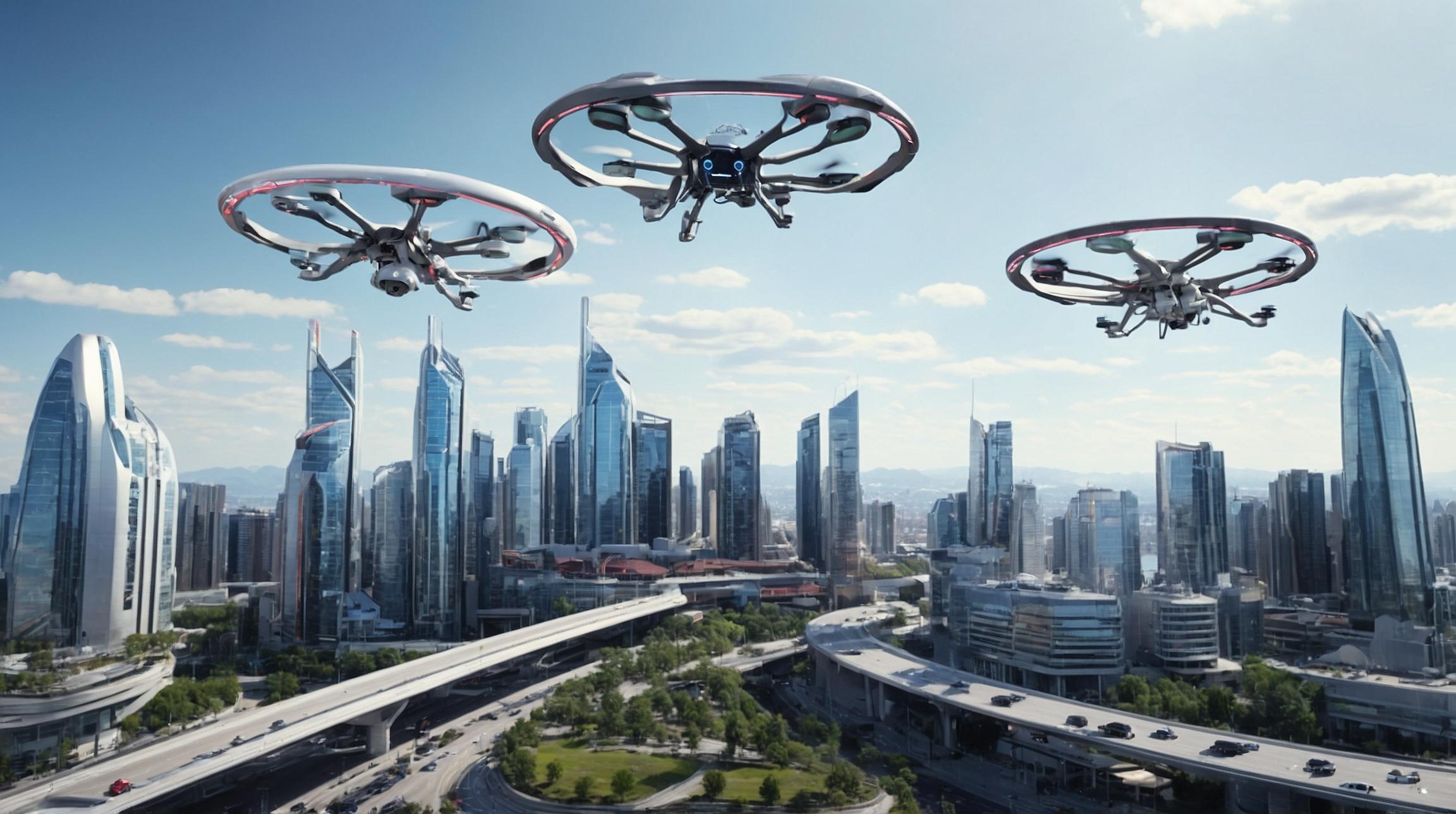Healthcare: Revolutionizing Patient Care and Medical Research
Artificial intelligence (AI) is making a significant impact on healthcare. AI algorithms are used in medical imaging to analyze complex images like X-rays and MRIs, sometimes with more accuracy than human doctors. For example, AI systems can detect early signs of diseases, leading to quicker diagnoses and better patient outcomes.
AI is also helping in medical research by analyzing large datasets to find patterns. This is especially useful in drug discovery, where AI can predict how new drugs will work and identify possible side effects, speeding up the process.
Finance: Enhancing Efficiency and Security
In the finance sector, AI is transforming how we trade and manage investments. AI-powered algorithms analyze market trends and make trading decisions faster than humans, known as algorithmic trading. This helps in executing trades at the best times to maximize profits.
AI also plays a role in improving customer service. Chatbots and virtual assistants handle customer inquiries and provide personalized financial advice. Security is another area where AI shines by detecting fraudulent activities through transaction analysis.
Transportation: Driving the Future
AI is revolutionizing transportation with autonomous vehicles. Companies like Tesla and Waymo are developing self-driving cars that use AI to navigate and make real-time decisions, aiming to reduce accidents and improve traffic flow.
Public transportation is also being enhanced with AI-driven traffic management systems that optimize signals and reduce congestion. In logistics, AI helps plan the most efficient delivery routes, saving fuel and costs.
Everyday Life: Making Smart Homes and Personal Assistants
AI is increasingly present in our daily lives, making our homes smarter. Smart home devices like thermostats and security systems use AI to learn our habits, adjusting settings for comfort and efficiency. For example, a smart thermostat can save energy by learning your schedule and adjusting the temperature automatically.
Personal assistants, such as Alexa and Siri, perform tasks like setting reminders and controlling smart devices, becoming essential in many households. In entertainment, streaming services use AI to recommend shows and music based on user preferences.
Challenges and Ethical Considerations
While AI brings many benefits, it also poses challenges. One major concern is job loss due to automation, as AI could replace many jobs involving repetitive tasks. This may lead to economic and social challenges.
Data privacy is another issue, as AI relies on large amounts of data. It's crucial to handle this data responsibly to protect privacy and avoid biases, which can lead to unfair outcomes.
AI has a powerful impact on technology and our lives. By addressing its challenges, we can ensure AI enhances our future positively.













